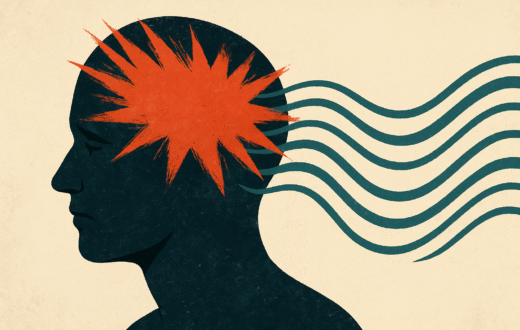Three Essential Insights Neurotypicals Should Understand About Autism

Spending most of my time in spaces surrounded by autistic voices, I often forget how limited or outdated the general public’s understanding of autism is. Misconceptions and stereotypes are still widespread and they often hinder real connection and inclusion.
To help bridge this gap and promote mutual understanding, here are three key truths about autistic individuals that neurotypicals should take the time to understand:
1. “We’re all on the spectrum” isn’t helpful and it’s not true
When someone shares their autistic identity, a common response is, “Well, everyone is somewhere on the spectrum”. While this might seem inclusive, it invalidates the other person’s experience. If everyone were truly “on the spectrum” the term autism would lose its significance.
This response often shuts down further conversation and can make autistic people feel dismissed and misunderstood. Instead, take the opportunity to ask questions or simply say, “Thank you for sharing that with me”.
2. Autistic people often have a “spiky profile”
A major concept in understanding autism is the spiky profile, where strengths and challenges vary drastically. An autistic individual might excel in tasks like problem-solving, language, or memory, while facing difficulties with social interaction, sensory processing, or emotional regulation.
Just because someone is capable in one area doesn’t mean they can “do better” in others. The autism spectrum represents a wide range of presentations, and no two autistic people are the same. Avoid comparing them to someone else you know who’s autistic.
3. Autistics are part of a marginalized group facing real struggles
Many late-diagnosed autistic individuals have learned to mask their traits to fit in—often at great emotional and physical cost. While their struggles may not always be visible, they are real and profound.
Unemployment rates among autistics are alarmingly high, and challenges with mental health, especially depression, anxiety, and suicidal thoughts, are far more prevalent than in the general population.
This isn’t because autism is a deficiency, but because our society isn’t designed to accommodate neurodivergent minds. What’s needed is greater awareness, acceptance, and systemic change.
Autism brings depth, unique perspectives, and beauty into our lives. But to truly thrive, autistic people need more than tolerance—they need understanding, respect, and genuine inclusion.





